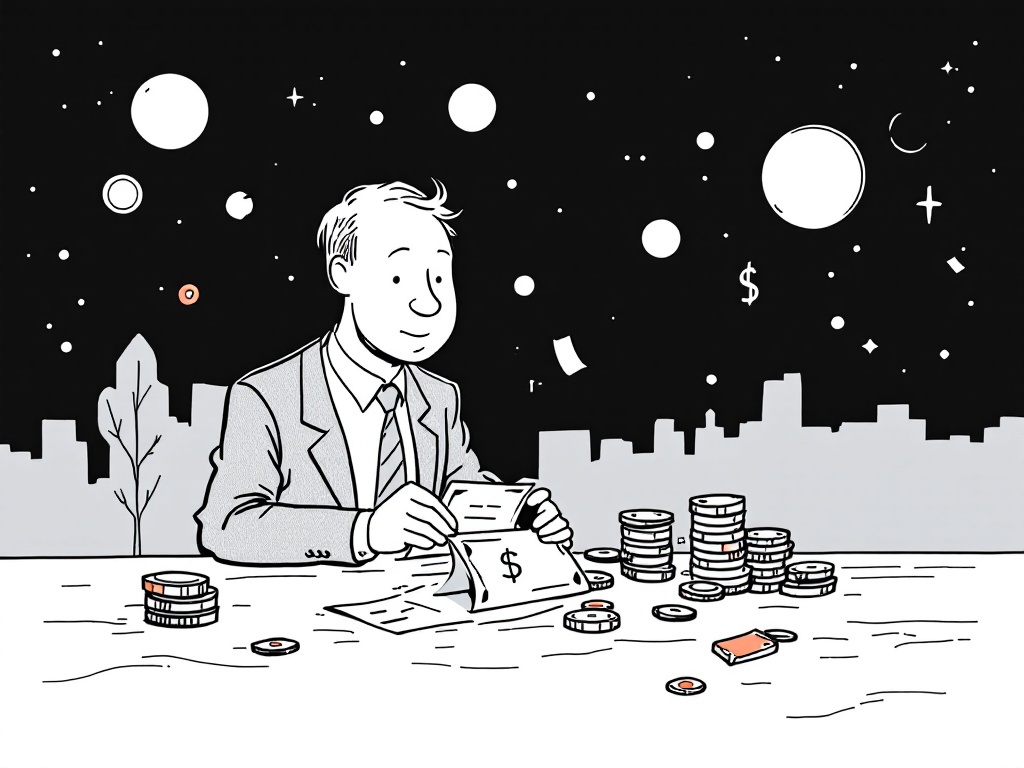Wealthy Americans Keep Spending While Others Cut Back

King of Prussia, Monday, 28 April 2025.
American Express and JPMorgan Chase report increased spending among wealthy consumers despite broader economic cutbacks and unpredictable market conditions due to U.S. import tariffs.
Recession Surviving Through High-end Spending
Despite broader economic challenges, wealthy American consumers are maintaining robust spending habits, a phenomenon that financial institutions like American Express and JPMorgan Chase are observing firsthand. In Q1 2025, American Express customers increased their spending on dining by 7% and on first or business-class airfare by 11% compared to the previous year [1]. Synchrony Financial, serving a different demographic, reported a 4% decline in spending, reflecting how spending preferences skew towards essentials among lower-income consumers as inflation diminishes buying power [1].
Impact of Consumer Spending Trends
The current economic climate, underlined by President Trump’s import tariffs affecting dozens of countries, poses risks for varying consumer spending behavior [2][3]. While wealthier consumers show a readiness to indulge in luxury, tariff-induced price hikes may lead to cautious spending among broader demographics. Notably, the Conference Board has revised the U.S. GDP growth forecast for 2025 to 2%, a reduction influenced by tariffs and resulting economic uncertainties [3].
Economic Divergence and Market Response
There is a marked divergence in consumer behavior noted by industry analysts, with wealthy individuals able to absorb cost increases more comfortably than lower-income groups [1]. Brian Foran from Truist suggests that the high end of the consumer market is showing resilience, whereas the lower end is scaling back [1]. Analysts also observe an inclination among wealthier individuals to invest during market volatility, signaling continued confidence amidst broader economic slowdowns [4].
Financial Sector Adjustments and Future Outlook
The financial sector, aware of these shifts in consumer spending patterns, is adapting its strategies. Citigroup and Bread Financial, for instance, have noted shifts towards essential spending, aligning with expectations of tariff-driven price increases [1][2]. Furthermore, with projections of a potential recession looming, a focus on high-income consumers serves as a stabilizing factor for companies like American Express, which remain shielded from more severe economic impacts [5].
Sources
- www.cnbc.com
- www.conference-board.org
- www.morganstanley.com
- awealthofcommonsense.com
- moneymorning.com